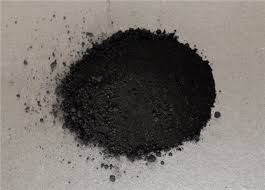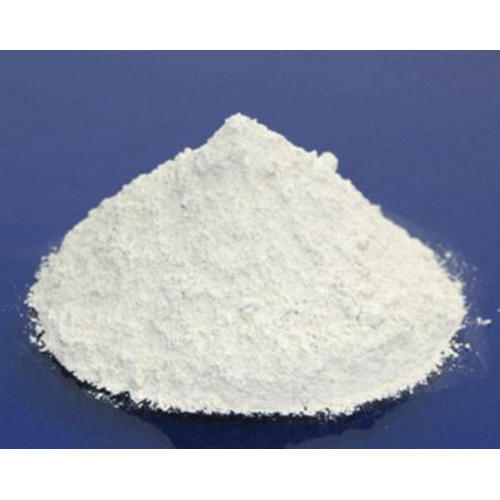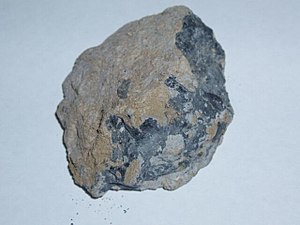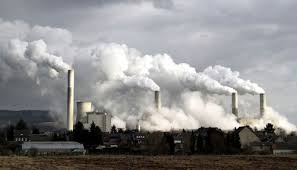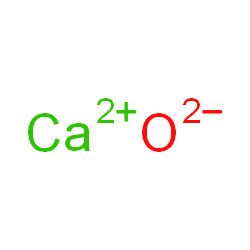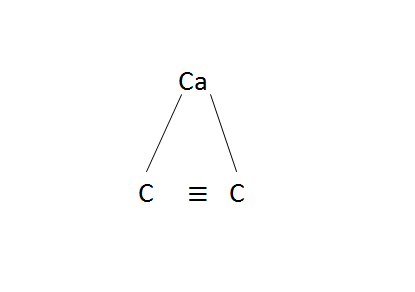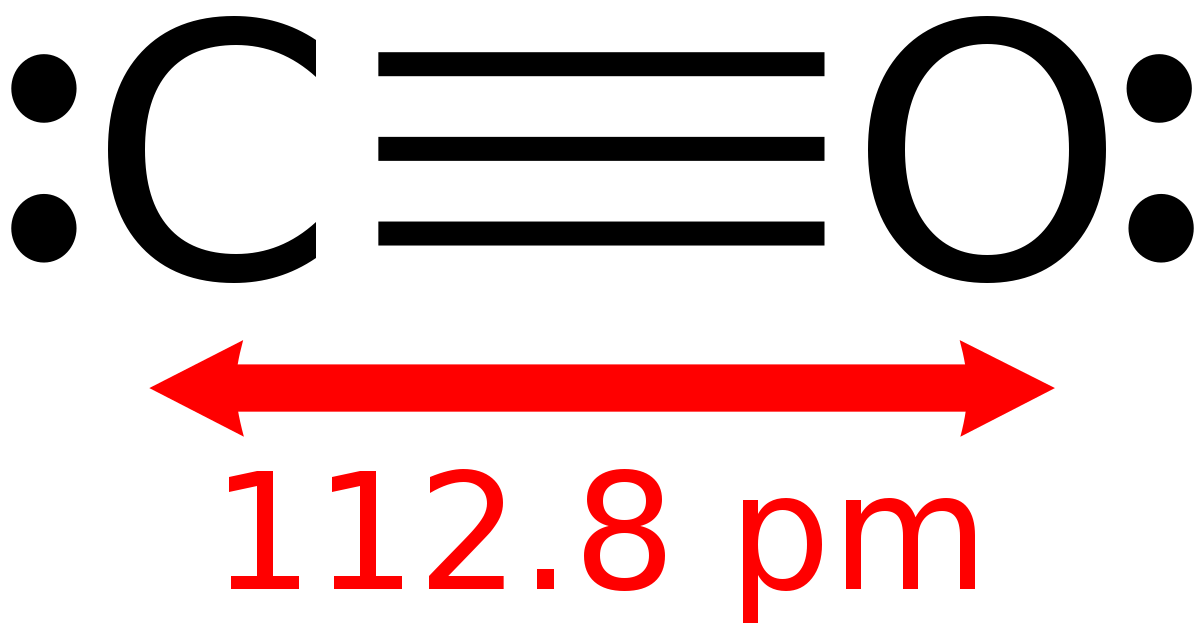Search equation
Please enter the reactant or product to start the search
C + CaO → CaC2 + CO | , Phản ứng oxi-hoá khử
C | carbon | solid + CaO | | solid = CaC2 | calcium carbide | solid + CO | carbon monoxide | solid | Temperature: temperature, Other Condition excess chlorine
Introduce
Detailed information about the equation
Reaction conditions when applied C + CaO
- Catalyst: not available
- Temperature: 2000
- Pressure: normal
- Other conditions: not available
Reaction process C + CaO
Process: Blow a stream of C through CaO
Note: not available
The result of the reaction C + CaO
The phenomenon: CO emits
Detailed information on the reactants
Information about C (carbon)
Information about CaO
Detailed information about the products of the reaction
Information about CaC2 (calcium carbide)
Information about CO (carbon monoxide)
Total rating:
Rating: / 5 star
The equations for preparation C
Catalyst
normal
Temperature
0 - 5
Pressure
normal
Other conditions
mixture of CO, CO2, SO2
Catalyst
normal
Temperature
> 2200
Pressure
normal
Other conditions
normal
Catalyst
normal
Temperature
450 - 600
Pressure
normal
Other conditions
normal
The equations for preparation CaO
Catalyst
normal
Temperature
520 - 580
Pressure
normal
Other conditions
normal
Catalyst
normal
Temperature
normal
Pressure
normal
Other conditions
normal
Catalyst
normal
Temperature
800 - 850
Pressure
normal
Other conditions
normal
Interesting facts about chemistry you may not know
Interesting facts about hydrogen - the lightest element in the periodic table.
Hydrogen is the first element in the periodic system table. Hydrogen is known to be the lightest of all, the most abundant in the Universe, the essential element for life
View moreInteresting facts about helium
Helium is the first rare gas element in the periodic system table. In the Universe, it ranks second in abundance after elemental hydrogen.
View moreInteresting facts about lithium
Lithium is the alkali metal element, located in the third cell in the periodic table system. Lithium is the lightest of all solid metals and can cut a knife.
View moreInteresting Facts About Beryllium
Beryllium is the lightest alkaline earth metal. Beryllium is found in precious stones such as emeralds and aquamarine. Beryllium and its compounds are both carcinogenic.
View moreInteresting Facts About Carbon
Carbon is the non-metallic element in the sixth cell in the periodic system table. Carbon is one of the most important elements in all life, it is also known as the back.
View more